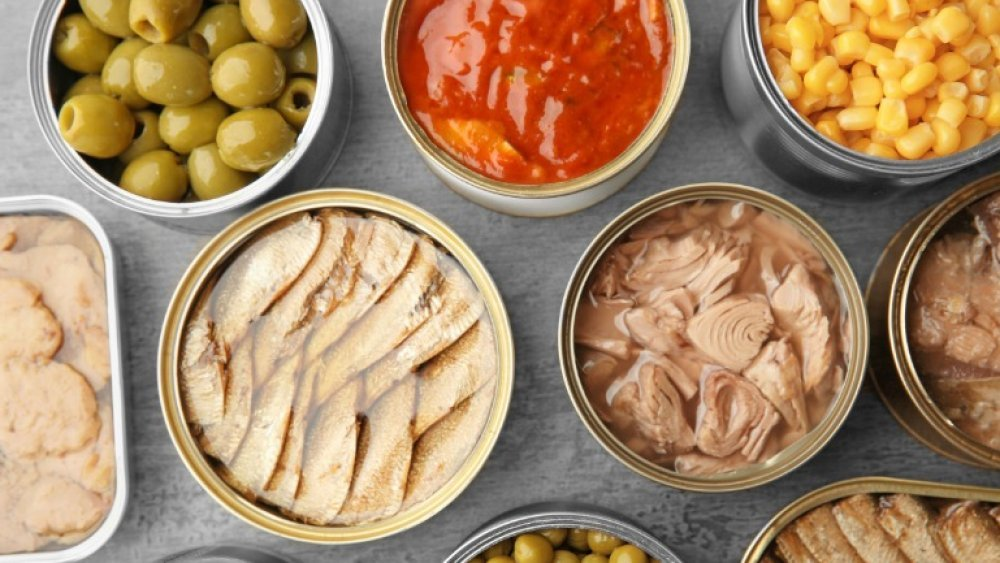“National Food Safety Standard for Canned Food GB7098-2015″ defines canned food as follows: Using fruits, vegetables, edible fungi, livestock and poultry meat, aquatic animals, etc. as raw materials, processed through processing, canning, sealing, heat sterilization and other procedures commercial sterile canned food. ” Whether the canned meat in tinplate or the canned fruit in glass bottles, although the production process is slightly different, the core is sterilization.” According to the current Chinese national standards, canned food needs to meet “commercial sterility”. According to the data, the early sterilization method was boiled (100 degrees), later changed to calcium chloride solution boiling (115 degrees), and later developed into high pressure steam sterilization (121 degrees). Before leaving the factory, canned food should be subject to commercial sterility test. By simulating room temperature storage, it can be seen whether the canned food will have deterioration such as swelling and bulging. Through microbial culture experiments, it is possible to see whether there is the possibility of microbial reproduction. “‘Commercial sterility’ does not mean that there are absolutely no bacteria, but that it does not contain pathogenic microorganisms.” Zheng Kai said that some cans may contain a small amount of non-pathogenic microorganisms, but they will not reproduce at normal temperatures. For example, there may be a small amount of mold spores in canned tomato paste. Due to the strong acidity of tomato paste, these spores are not easy to reproduce, so preservatives can be omitted.”

Post time: Mar-22-2022





